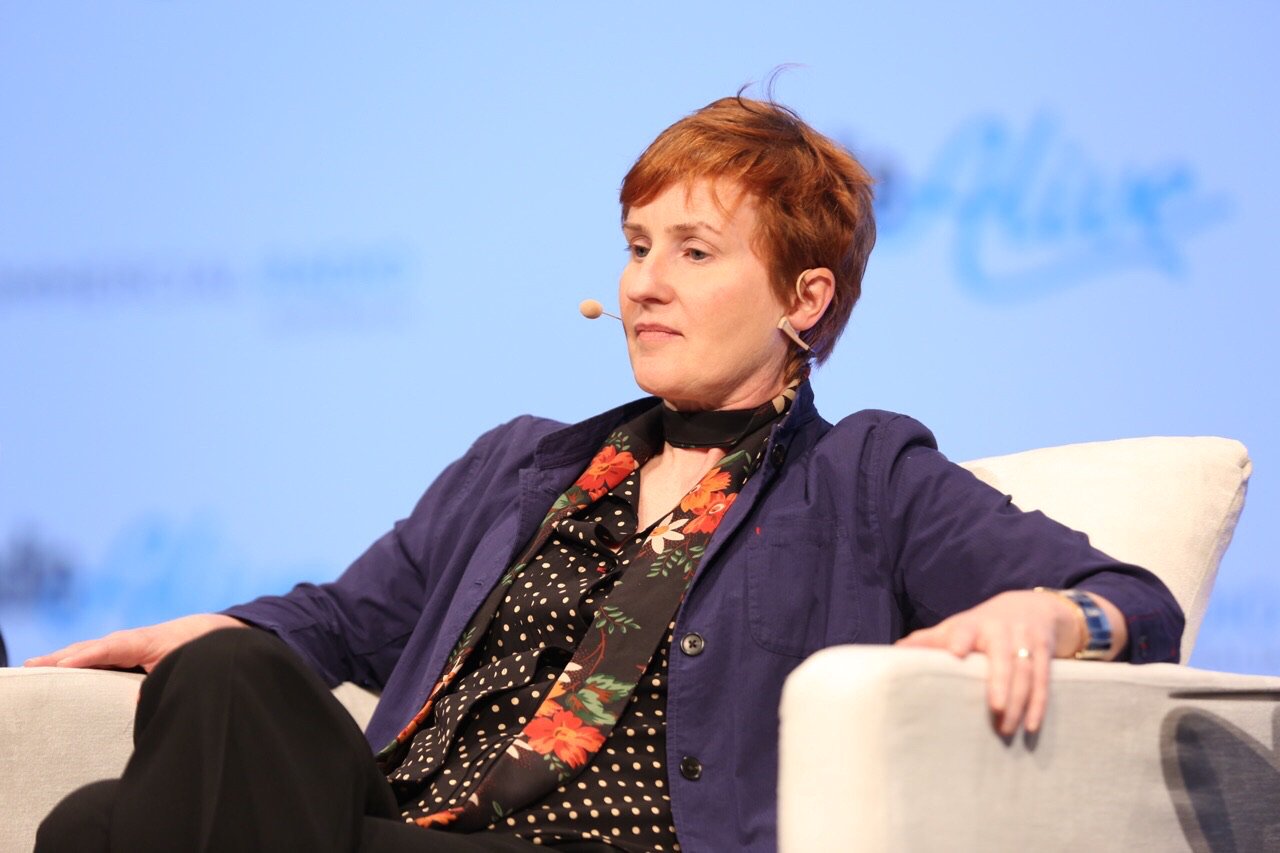Radio Alive 2017: “The words ‘fake news’ are thrown around like confetti”

Thanks to Donald Trump and his war on mainstream media in the US, ‘fake news’ has become part of the everyday language.
Read Facebook comments and it’s everywhere, along with ‘snow flake’. Disagree with someone’s views; it’s fake news. Unhappy with the headlines that may tell only one side of the story and it’s ‘fake news’.
Earlier this year, Radio Today discussed the war on the media with 3AW’s Neil Mitchell – but it’s a topic that’s not going away any time soon.
What actually defines fake news was a topic tackled at Radio Alive 2017 in the discussion panel “Real news in a world of fake news”.
The takeaway points:
The problem with ‘fake news’ – it’s a battle we’re all facing
“Every day when we come to work as radio journalists, you want the listeners to believe what you’re saying.
Fake news is when there is a news event and people start spreading misinformation and its quite mischievous and it’s very damaging to the journalism professions.
You need to ask, who is this information coming from rather than what is this information”
Deborah Clay, National News Director, Australian Radio Network
“The words ‘fake news’ are thrown around like confetti. Politicians use it so often, I think I’m actually going to start keeping a log of how often it’s used, particularly when we have election campaigns. And it has been a very powerful tool in politics, but I think it could be overused”.
Michelle Griffin, News Director, The Age
Citizen journalism is only a starting point
Many media outlets are now relying on Twitter and Facebook to give them a snapshot of what’s been happening and what may set the agenda for the rest of the day.
“5 minutes on Facebook and Twitter will give me the sense, not just of what the key Australian media organisations are saying, but what the key international stories that are running and the key issues that are dominating social media.
At the end of the day, you’re looking for the big running stories. You’re looking to see what’s dominating the conversations and the conversations are happening in different places and are more visible now than they would have been in the past.”
Alan Sunderland, Head of Editorial Policy, ABC
“Twitter and Facebook these days give you a quick way of navigating what’s going on, build news lists that way. I look at all the major mastheads on line to learn from and get ideas from what people are covering because we’re always thinking of new ways and clever ways to deliver news”.
Chris Paine, Editor Huffington Post
Radio news is still relevant
“I get the news from the radio. I mean, you buggers do it for me. It’s a great filtering system, it’s a great distiller of huge amounts down to a small amount. You get a snap shot of it and you generally only hear the items that matter.
“And I assume that everyone else in my newsroom has gone through twitter and got across the major stories, but radio is a great starting point for me”.
Jason Morrison, Director of News, Channel 7 Sydney
News gathering is adapting to the times, but some things stay the same
“The culture that I’m trying to foster when it comes to radio news is a chase culture.
” I’m always saying we’re wanting to get those interviews on the phone and get that exclusive content so we can differentiate our news service from the next and make it a unique experience.
“We’re responding to media conferences, we’re responding to police, we’re monitoring other radio outlets like the ABC and Macquarie as well as on line sources”.
Deborah Clay, National News Director, Australian Radio Network


